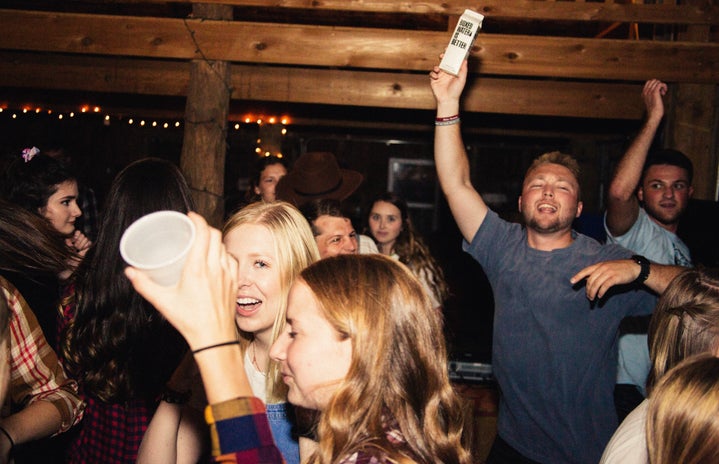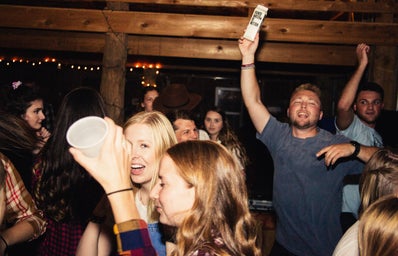There was never a rulebook for growing up or living life during your teenage years to your mid-twenties. For some reason, however, having wild stories about your life as a young person is among the many pressures one faces. Whether it’s having your first encounter with romance, alcohol or chaotic friend groups, young people are bound to feel the pressure of making the most of what “being young” is.
What causes this pressure
It’s hard to pinpoint exactly where this pressure on young people comes from. It could be introduced though the concept that beauty and innocence have been tied to youth since the beginning of time, or the fact that older people perceive younger people’s lives as blank pages they can fix their own mistakes through. High expectations for young people are embedded in our way of life, which causes our young years to be equivalent to the prime of everyone’s life. Movies and social media play a huge role in impacting younger audiences by allowing them feel like they’re not making enough memories or aren’t living life to the fullest. If you compare TV shows such as Euphoria to ones like Grey’s Anatomy, you can get a better understanding of the difference in engaging elements that are used to attract their audiences.
Setting aside the fact that these shows have different moods that fit their contrasting storylines, these two examples share similar dramatic plotlines: Infidelity, alcoholism, friend-group drama, partying, etc. Euphoria is centred around a romanticized version of teenage life – the epitome of unrealistic and over-sexualized snippets of how “fun” young living should be. However, Grey’s Anatomy only shares these similarities with youngins’ Euphoria in the first few seasons when the surgeons are at the beginning of their career (a.k.a. when they’re the hospital babies), but after reaching the top of the surgical food chain, the drama dials down drastically. Everything revolving around younger people is expected to be outstanding. Bizarre makeup looks, clothing styles and hairstyles are promoted among young people, but older people are told to look more minimalistic or neutral to fit into society.
What this pressure causes
There are several negative ways this pressure on adolescents affects not only them but the people they surround themselves with. Young people often grow up to feel one of two ways: They either reach an age that isn’t remotely old enough to believe they lost the “prime of their lives” doing nothing (or not enough of what they’re supposed to do), or they’re going to end up having eternal regrets for pushing their younger selves too much. Limiting the “fun” age to anything between 15 to 25 is creating such a small window of time for anyone below or above these ages. Little kids are seeking to grow up too fast as they want to experience their teenage years, which they believe to be carefree and untroubled. On the other hand, older folks, who are never really too old to have fun, are left feeling as if their best years have been wasted. They think of love, friendships, drama or partying, and believe they’re too old to experience or pursue them in the same untamed manner younger people do. That is why the pressure in young people is so prevalent. Members of the same age group who aren’t consumed in that lifestyle are left to feel unworthy of youth. In fact, this composure is considered rebellion against societal pressures.
It’s usually forgotten that memories can’t be forced and are best when they’re lived naturally, but you’ll constantly see young people scared to say no to a party or to go out, just in fear that they’ll miss something fun. Many people I know, including myself, have gerascophobia (the fear of growing up) or are facing the pressures of growing up, and one huge cause of this is the never-ending feeling of not “living life to the fullest.”
This pestering worry of being young, along with the many pressures we face in adolescence, is something that I think is permanently infused in our nature. Major milestones are usually recorded at starting ages of one’s life, putting emphasis on these ages and increasing the expectations that come with them. Although these societal forces are inevitable, I believe that most people would enjoy memories that happen naturally more so than ones that are forced.


